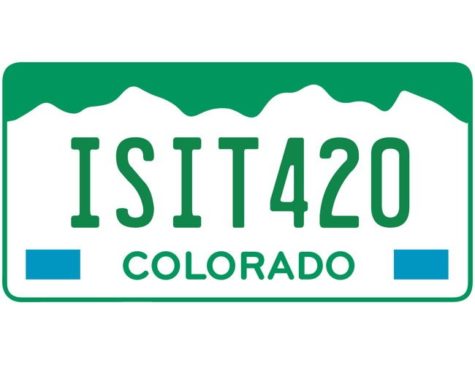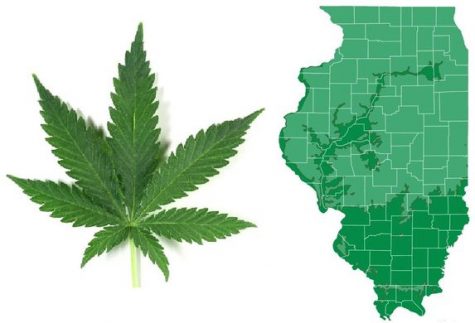California state cannabis excise tax could go up July 1

A tax increase is on the horizon for California’s cannabis industry, in spite of hopes that the industry would experience some tax relief in the near future.
Hiking up California’s cannabis excise tax could be a risky move. It will likely prompt buyers to shop elsewhere for cheaper products, such as the those being sold on the black market. Cannabis companies in the Golden State would be negatively impacted by soaring cannabis excise taxes, since it would send customers running in the direction of cheaper avenues to source their all-important weed.
Notwithstanding, there’s still a chance of a tax cut occurring in the future.
About California’s cannabis excise tax
A 60 percent markup rate is used by the California Department of Tax and Fee Administration (CDTFA), in addition to the average market price of wholesale cannabis, as a foundation for the state’s 15 percent cannabis excise tax.
Every six months, the markup rate would need to be recalculated. During an industry conference in Sacramento this week, CDTFA Director Nicolas Maduros said that the excise tax could be hiked up this summer.

“We’re responsible for resetting that markup rate every six months, so it will be reset July 1,” Maduros said, when questioned at a panel with other MJ regulators. “It’s based on market data, and I think particularly once… track-and-trace is more fully utilized, that we’ll have some better pricing data to figure out what that markup rate should be.”
The state track-and-trace system kickstarted in January, but the user demographic is somewhat limited to cannabis companies that have procured an annual business license.
What’s worrying is the fact that just a mere fraction of California’s cannabis industry has obtained the necessary permits. Basically, this means that a major chunk of the industry is not feeding essential data into the track-and-trace system.
“We’re administrators, so it’s not up to us to sort of use that as a way to lower or increase the tax burden. We’re simply looking at what the facts are. It’s up to the legislature … to determine what the actual tax rate is,” he explained.
When questioned whether or not the markup rate could increase and act as a catalyst for the excise tax, Maduros said it could.
It’s worth noting that the rate also could either decrease or stay the same. There’s no cap on how much the markup rate may increase or decrease, according to a CDTFA spokesman.
How would a markup impact California’s cannabis industry?
A decision about the markup rate and the excise tax for California’s cannabis industry will not be deciphered until June at the soonest, according to a statement from Maduros after the panel.
Recalculating the markup would not have an impact on state cultivation tax, which currently works out as $9.25 per ounce of flower, $2.75 per ounce of leaves and $1.29 per ounce of fresh plant.

Josh Drayton, a California Cannabis Industry Association Spokesman, believes that a tax increase “would only further damage the supply chain as it competes against the illicit market.”
On the other hand, Drayton made a point of stating the possibility of cannabis excise tax staying the same or even dropping. He also said that it is too soon to really understand what what might happen with the CDTFA’s recalculation.
“I think we need full implementation of Metric and track-and-trace before we consider any increase,” Drayton said. “We have not seen any data that would support an increase in the excise tax for any part of the supply chain.”
A separate bill to minimize state cannabis taxes is currently awaiting a hearing in the California Legislature.
If Assembly Bill 286 is successful, it would shrink the excise tax from 15 percent to 11 percent and postpone cultivation tax until the year 2022.











